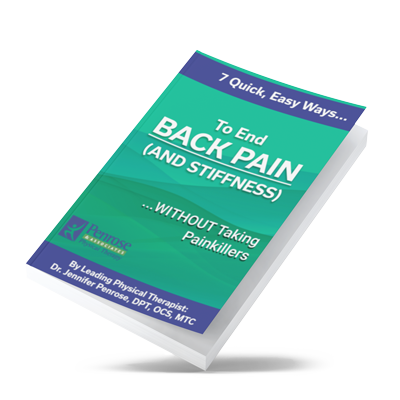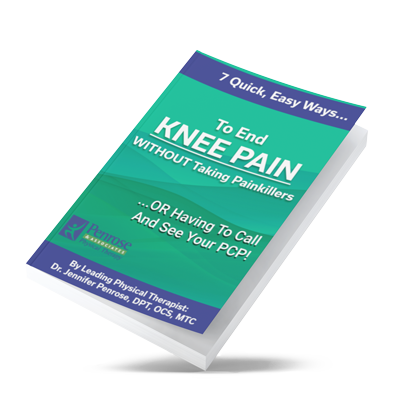You might not notice it at first—a subtle tingling in your toes or a slight burning sensation in your hands. But over time, these small annoyances can become constant companions that disrupt your sleep, balance, and ability to enjoy life. For many, this is the reality of peripheral neuropathy or diabetic neuropathy. The good news? Innovative treatments are changing lives, and Penrose Physical Therapy is at the forefront of this revolution.
Understanding Peripheral Neuropathy
Your nerves are like highways connecting your brain to the rest of your body. When those pathways are damaged—whether by diabetes, poor circulation, or other conditions—the signals become jumbled or stop entirely. This nerve damage often starts in the hands, feet, and legs, where the symptoms are most noticeable.
For people with diabetes, high blood sugar damages the tiny blood vessels that keep nerves healthy. Over time, this leaves your nerves starved for nutrients, resulting in symptoms like tingling, burning, or numbness.
How to Spot the Warning Signs
Neuropathy symptoms often start subtly but can quickly worsen:
- “Pins and needles” feelings in fingers or toes.
- Burning pain that makes it hard to sleep.
- Numbness or weakness that throws off balance or grip.
If this sounds familiar, you’re not alone—but there’s a way forward.
A Modern Approach to Treatment
At Penrose Physical Therapy, we’re taking a bold stand against neuropathy with proven, effective strategies:
1. Gentle Exercise for Nerve Health
Even light activities like walking or swimming can improve blood flow and nerve function. The best part? You only need a few minutes a day to see results. “Motion is Lotion” and increasing blood flow helps the nerves function and feel better.
2. Cutting-Edge Technology
Say goodbye to outdated treatments. We use pulsed radiofrequency therapy, a non-invasive method that helps repair damaged nerves and reduce pain at its source.
Pulsed radio frequency causes an electromagnetic field and essentially “re-sets” the nerve. This changes the gene expression of the nerve in a non-invasive manner. Pulsed radio frequency has been around and used for ablation procedures with the spine and heart. It is only more recent that it is available in the outpatient setting vs the surgical suite for helping neuropathy.
3. Lifestyle Tweaks That Matter
- Check your feet daily for irritation or injury.
- Wear supportive shoes to minimize pressure.
- Stretch regularly to improve flexibility and reduce stiffness.
If you’re managing diabetes, steady blood sugar levels can protect your nerves and reduce symptoms.
Discover the Penrose Difference
At Penrose Physical Therapy, we combine cutting-edge treatments with personalized care to help you take control of your health. Plus, we’re excited to host a free community workshop where you’ll learn how to fight neuropathy and win.
Peripheral neuropathy doesn’t have to define your life.
Visit us at:
1445 Galaxy Dr. NE, Suite 301
Lacey, WA 98516
Contact us:
Phone: 360-456-1444
Email: info@penrosept.com






